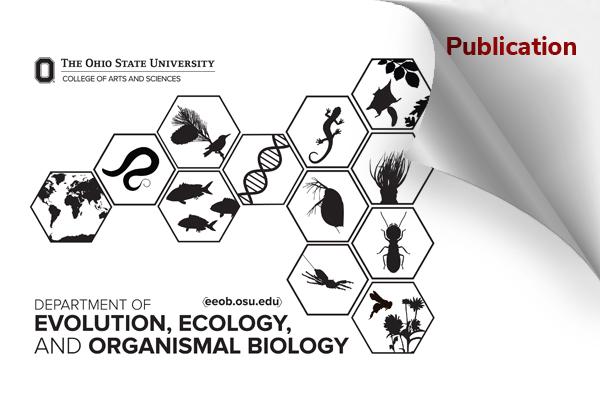EEOB Publication - Klompen

Myrmozercon mites are highly host specific: two new species of Myrmozercon Berlese associated with sympatric Camponotus ants in southern Quintana Roo, Mexico
Gabriela Pérez-Lachaud, Hans Klompen, Shahrooz Kazemi, Jean-Paul Lachaud. 2024. DOI: 10.7717/peerj.18197/table-3
Abstract
Two new species of Myrmozercon, M. serratus sp. nov. and M. spatulatus sp. nov., are described based on adults and deutonymphs collected in association with ants in Mexico. They represent the first records of this genus from the Neotropic s.s. faunal region. Both new species are associated with hosts in the genus Camponotus from the same small area of a coastal lagoon, which share the same nesting habit preferences, providing strong evidence for host specificity. All but one colony of C. atriceps hosted mites, whereas they occurred in only half of the colonies of C. rectangularis. There was a significant positive correlation between the abundance of C. atriceps sexual ants and the abundance of mites. We summarize the known host associations for the genus Myrmozercon and discuss host specificity. Larvae of both mite species were collected on the wings of males and gynes suggesting that egg laying occurs on the hosts reproductive caste. Two hypotheses explaining this observation are discussed, larvae may be phoretic on winged sexuals, favoring mite co-dispersal with hosts, or larvae reside on the alates as a refuge from predation.
